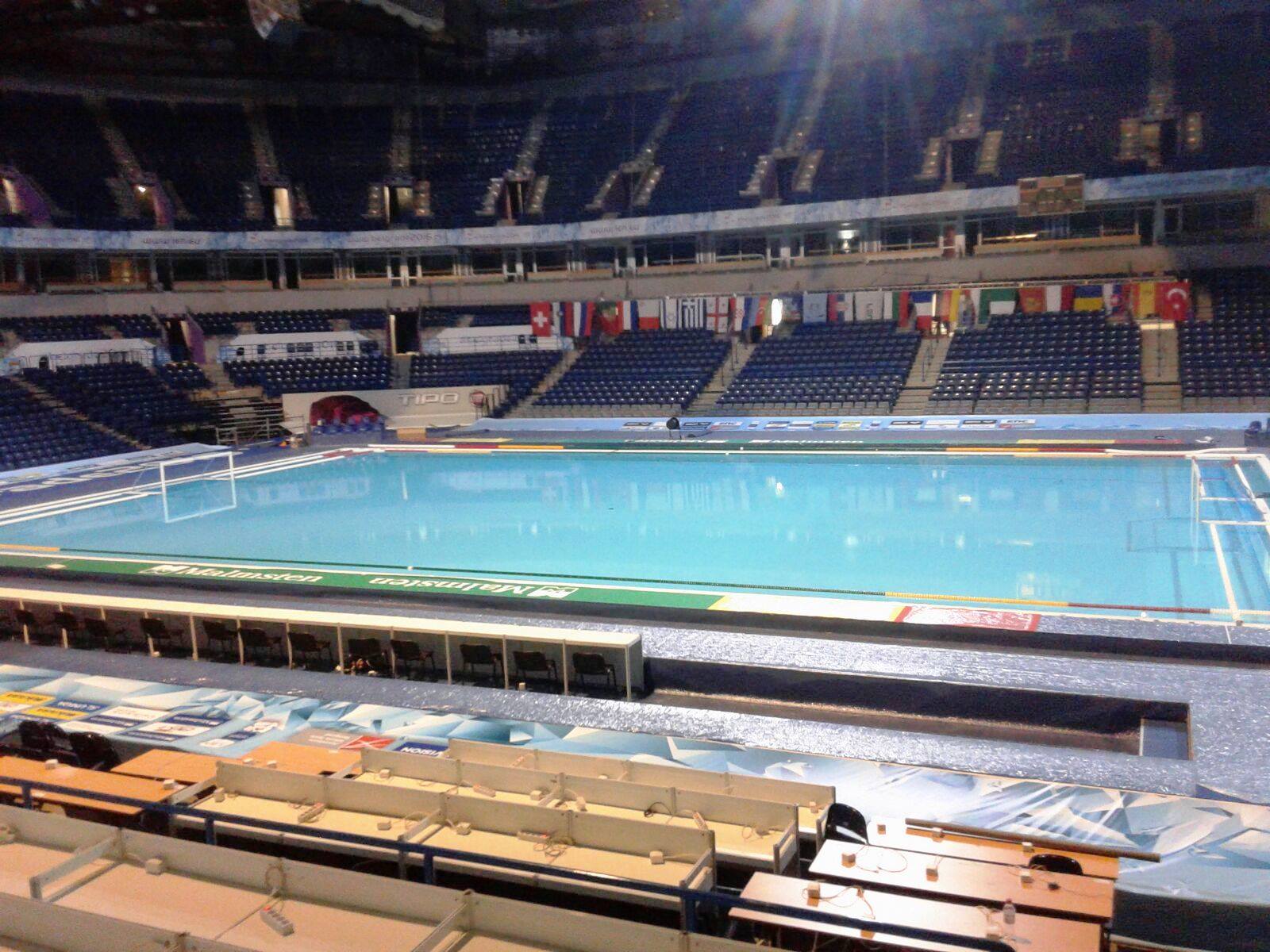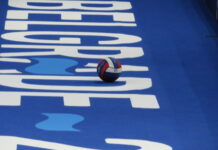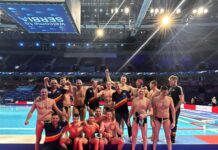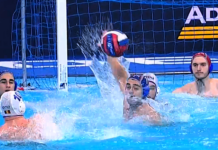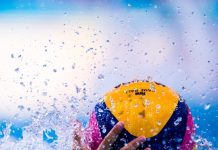• It will start where it ended: the two sides clashed in the final of the World Championships in Kazan, where the Serbs soundly beat their arch-rivals 11-4. One month earlier the two sides contested the World League final as well, the Serbs won 9- 6 with a 6-1 rush after the Croats led 5-3 early in the third period.
• This encounter always belongs to the highlights of any event. At the Europeans they clashed plenty of times, in Budapest 2001 they met in the semis, the Serbs (as YUG) won 8-6. In 2003 they met in the infamous final in Kranj when the Serbs won 9-8 in extra-time (though the Croats led 7-4). In Zagreb 2010 the Croats upended the Serbs in the semis 10-9. In Eindhoven 2012 they met in the group stage and Serbia won 15- 12, and they had an 8-8 tie in Budapest 2014.
• The common history is extremely rich: Yugoslavia first entered the Europeans in 1934, finishing 5th. After skipping the 1938 and 1947 editions they became a constant medal winner: silver in 1954, 1958, 1962, 1977, bronze in 1950, 1966, 1970, 1974. Ironically, at home in Split this run was halted (4th place in 1981, the same in 1983), then came three more silvers (1985, 1987, 1989). It took 14 participations before they earned their first win in 1991. Yugoslavia was Olympic champion in 1968, 1984 and 1988, world champion in 1986 and 1991.
• After breaking up, the Croats won their first medal in 1999, a silver (before that their ranks were: 5., 4., 4.). This was followed by some ups and downs: 2001: 4., 2003: 2., 2006: 7., 2008: 4., before making the top at home in 2010, when they won the European title in Zagreb, but next came the worst ever performance in Eindhoven 2012, when they came 9th. Last time they were 5th in Budapest.
• The Croats’ top performances at the world stage: they are the reigning Olympic champions (London 2012), they won the world title in 2007 and the World League in 2012. Had an Olympic silver from 1996, and three bronze in three straight occasions at the Worlds (2009-2011-2013).
• The Serbs could return (still under the name of Yugoslavia) to the world stage in 1996. A European silver in 1997 was the highlight before the big run has started in 2000. Since the Sydney Games they reached at least the semi-finals all but one time in the last 15 years (only missing the SF in the 2013 Worlds). They clinched 19 gold medals en route: 3 world titles (2005, 2009, 2015), 5 European titles (2001, 2003, 2006, 2012, 2014), 9 World League titles (2005, 2006, 2007, 2008, 2010, 2011, 2013, 2014, 2015), 2 World Cup titles (2006, 2010).
• The Serbs won 5 of the last 7 editions at the Europeans (2001, 2003, 2006, 2012, 2014) stood on the podium 8 times in the 9 editions they took part since their return in 1997, only missing the medal in 1999 (their tally is 5-2-1).
• At the majors (Worlds, Europeans, World League Super Finals, World Cup) the Serbs now have an unbeaten run of 23 matches (21 wins, 2 ties). Their last loss occurred in the last Europeans, when Hungary beat them 8-6 in the 3rd round of the prelims in Budapest 2014. In the last two years they played 32 games (major events), won 29, tied 2, lost 1, won 5 out 5 big competitions: 2014 World League, 2014 Europeans, 2014 World Cup, 2015 World League, 2015 World Championships.
• In the last warm-up tournaments the Croats finished second at home in Dubrovnik, they beat Brazil 12-8, Montenegro 7-5 but suffered a surprise defeat from Germany, 9-10.
• Serbia had a friendly in Greece last weekend, beating the hosts in a tough game 12- 11.
• Croatia is about to clinch its 50th win in the history of the Europeans: they played 84 games with 48 wins, 10 draws and 26 losses. Goal difference: 804-653.
• The Serbs stats (incl. YUG): 136 matches, 97 wins, 17 draws and 22 losses. Goal difference: 1087-696. For the hosts the 100th win is in sight.

